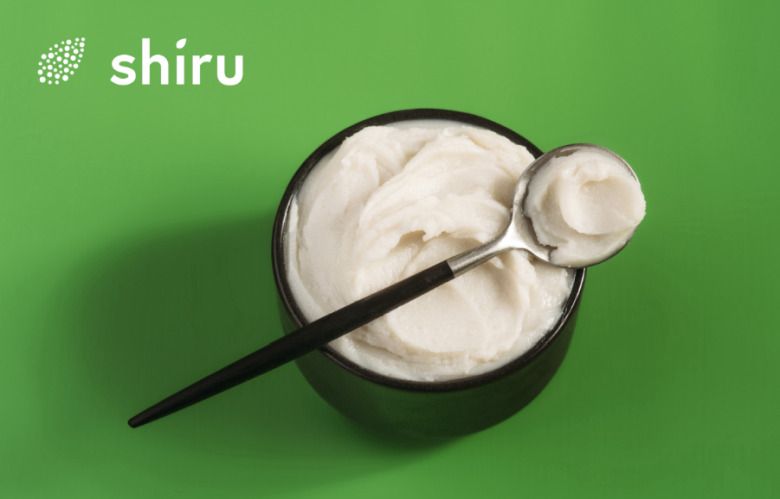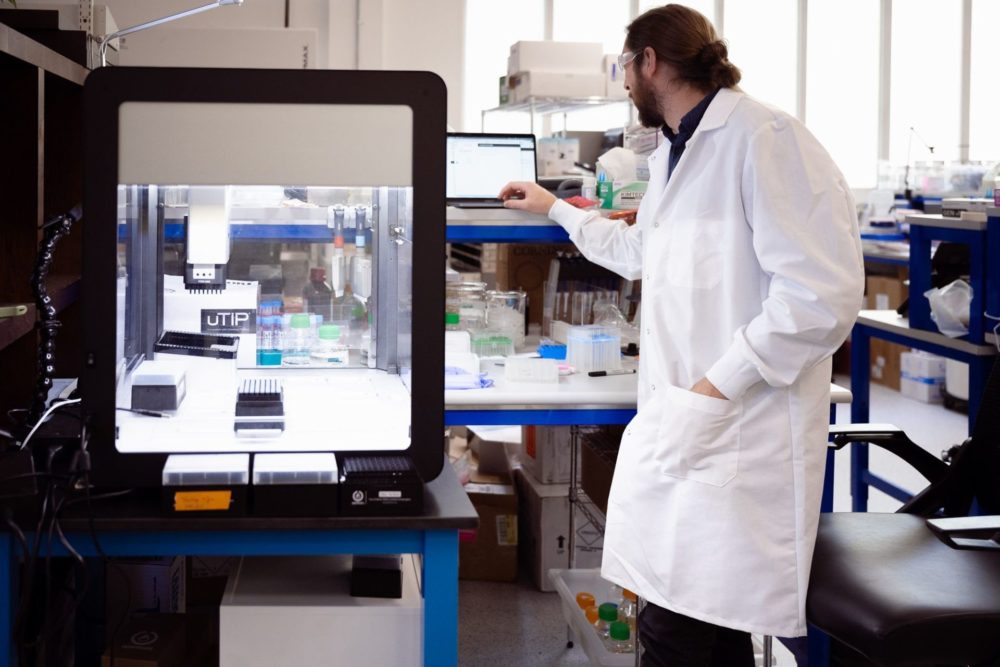Shiru, a startup deploying artificial intelligence to aid in protein discovery, has closed a $16 million series B round led by S2G Ventures.
The round, which was also backed by CPT Capital, Lux Capital, Nourish Ventures, and Meach Cove Capital, will help Shiru further build out its ProteinDiscovery.ai platform and expand its ingredient portfolio.
Shiru will use the series B funds in several ways, founder and CEO Dr. Jasmin Hume told AgFunderNews. “To expand our work into additional applications like flavor innovation, skincare ingredients, and biopesticides for agriculture; to further advance the capabilities of our ProteinDiscovery.ai platform and our AI technology; and to further strengthen our IP portfolio to support short-term commercial progress with high-value, in-demand protein ingredients.”
While Shiru is starting with proteins, its “vision extends far beyond,” Hume added. “ProteinDiscovery.ai is just the beginning. We’re building a comprehensive platform that will revolutionize ingredient discovery across multiple molecular classes, driving innovation that benefits both industry and consumers.”
“AI-powered discovery isn’t only the future of ingredient innovation – it’s here today, and we’re eager to expand our capabilities across flavor, skincare and agriculture. Our technology dramatically reduces development timelines and costs, empowering R&D teams to revolutionize products, categories and industries through our platform, enabling valuable innovation and competitive advantage.” Dr. Jasmin Hume, founder and CEO, Shiru
ProteinDiscovery.ai
Via a simple web interface, ProteinDiscovery.ai lets users search a database of 33 million+ molecules by protein sequence, functional use, and successful expression (how efficiently the protein might be expressed in microbes via precision fermentation).
According to Hume, customers don’t need to come to Shiru with a known protein. “They can come to us with a problem statement, such as, ‘We need a natural emulsifier that’s stable under acidic conditions,’ or ‘We’re looking for plant proteins that mimic animal proteins such as casein,’ and Shiru can identify solutions. We then query our database using our proprietary and trained machine learning methods to predict which natural proteins are going to have the desired performance parameters.”
One particularly attractive aspect of the platform is the “Expressor” tool, she said, noting that it’s not much use to find a fantastically functional protein found in minuscule quantities in an exotic plant if it’s not viable to produce it cost-effectively in a microbial expression system either because the yields are so low.
According to Hume, who recently started working with Ajinomoto Health & Nutrition Partners on developing and commercializing sweet proteins, “We have trained models to be able to predict protein expression in microbial systems. That is so important because in many cases, folks know of a very specific protein that they want to make and a lot of times that protein is not really suitable for expression in microbes, so they have to kind of brute force it.
“But what we’re providing is a catalogue of other proteins that have the same functionality, but maybe express a whole lot better in a microbial fermentation process,” added Hume, who has established partnerships with several large CPG firms including Griffith Foods to “discover, pilot and scale sustainable food ingredients.”

Structured fats
Shiru’s first in-house ingredient is OleoPro, which combines liquid oils with plant-based proteins identified through Shiru’s platform to create structured fats that can replace saturated animal fats or tropical fats such as palm or coconut oil in multiple applications.
Solid at room temperature, the patented ingredient “looks and behaves like animal fat,” without its ethical or environmental impact, and contains 80% less saturated fat, said Hume.
According to Hume, uPro, the protein in OleoPro, can be used to stabilize bioactives or small molecules as well as providing unique emulsifying and stabilizing capabilities in oil and water emulsions in food and personal care products from sauces and dressings to skin creams.
“OleoPro and uPro are powerful validations of Shiru’s discovery platform—what started as innovative discoveries are now real-world products scaling to meet industry demand. With high interest across food and cosmetics, these products will generate revenue this quarter and remain unique plant-based alternatives due to their technical scalability and market-readiness without regulatory obstacles.”
Methylcellulose replacement
Shiru has also been working on a clean label alternative to methylcellulose (a binder widely used in plant-based meats that many firms are trying to replace as it doesn’t have a consumer-friendly name) that can be effective at very low inclusion rates, said Hume.
“This clean-label alternative to methylcellulose remains an active project for us. We’re making progress toward licensing the IP to a company with scaled manufacturing capabilities.”





